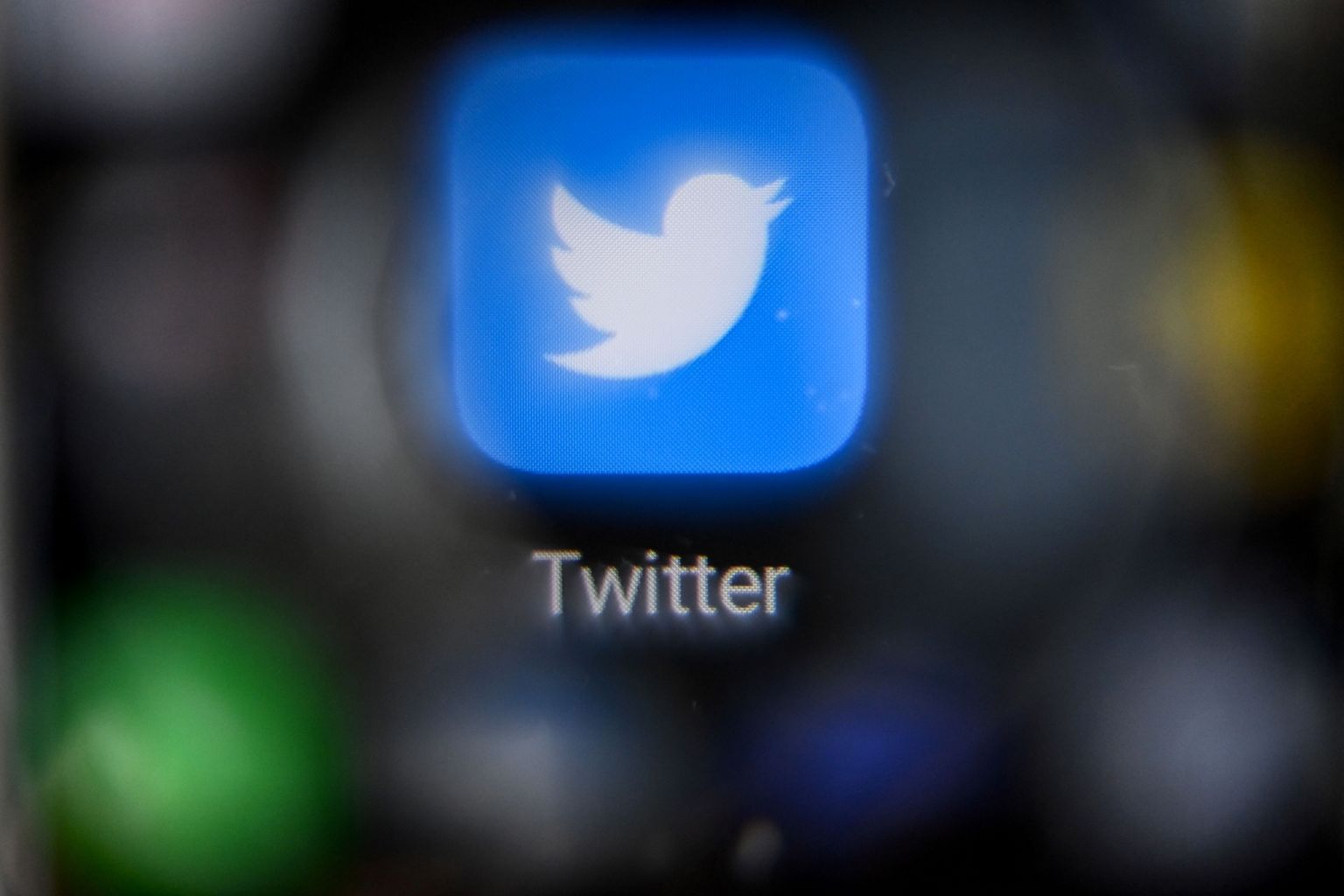India's parliamentary panel calls for a regulator for Facebook, Twitter
Sign up now: Get insights on Asia's fast-moving developments

The high-level committee made those recommendations as it reviewed the personal data protection bill introduced in 2019.
PHOTO: AFP
BANGALORE - An Indian parliamentary panel has recommended setting up a regulator to oversee social media companies including Facebook (now known as Meta) and Twitter, and make them liable for posts by unverified accounts.
The recommendation comes as Facebook is facing scrutiny over its role in the 2020 Delhi riots, even as new allegations emerge about the company's troubles in its largest market.
The high-level parliamentary committee made those recommendations on Monday, asking for tighter rules to treat them as publishers, and for personal data to come under better protection, Bloomberg reported.
Meanwhile, Facebook India's public policy director on Nov 8 appeared before a Delhi government committee that is probing the causes of last February's Delhi riots that killed 53 people, most of them Muslims.
At the live-streamed hearing, the company faced pointed questions about how it dealt with hate speech in India.
The Facebook official Shivnath Thukral responded: "Hate hurts us. We don't want hate on our platform. Our advertisers don't want it either. We are continuously working on it."
But the company refused to share specific details about the posts it had taken down during the riots for violating its policies, or how it dealt with complaints about problematic content in India. It also declined to answer questions about its organisational structure in the country.
"By stonewalling the committee, you are frustrating the proceedings", complained Mr Raghav Chadda, the head of the Delhi government committee.
Access Now, a digital rights non-profit, warned that Facebook's responses amounted to "an evasion of responsibility" and "its refusal to stand up and answer serious human rights questions ever more alarming".
The hearings will resume soon. The head of Facebook's operations in India had previously refused to appear before the committee, claiming that the company could only be regulated by Parliament and not by a state government. The Supreme Court disagreed, and upheld the committee's summons.
India is Meta's biggest market with about 350 million Facebook accounts and 400 million WhatsApp users.
In September, former Facebook employee Frances Haugen leaked tens of thousands of internal documents containing revelations about the company's struggles with disinformation and hate speech, including in India.
In recent weeks, Indian newspapers have published some of the leaked documents that contain damning details about Facebook's failures in India.
The Indian Express said that a Facebook report from July 2020 titled "Communal conflict in India" said that the company had internally designated the Delhi riots as "a hate event, acknowledging vulnerable group risks".
The report said that surveys in key Indian cities had revealed that one in three users of Facebook and WhatsApp apps "reported seeing inflammatory content within seven days" that "encourages conflict, hatred and violence."
It said: "This content primarily targeted Muslims, and Muslim users felt particularly threatened or upset."
Inflammatory content in English, Hindi and Bengali had spiked in December 2019, when protests against amendments to India's citizenship laws peaked, and March 2020, when lockdowns to curb the pandemic were imposed, the report said.
Big Tech firms like Facebook and Twitter have had several run-ins with the Indian government. As social media has become a crucial space for political communication - even ministries use Twitter to make announcements even before issuing official press releases - the government has tried hard to control their content.
Last February, the government introduced new, vague rules requiring social media companies to set up a compliance team resident in India and take down content within 36 hours of being ordered to do so by the government.
Both companies appear to have largely bent to the government's will, acceding to calls for blocking posts by protesters and journalists, and suspending their accounts.
Last year, a Wall Street Journal report cited sources at Facebook who said the-then head of public policy in India had opposed an internal committee's ban on the page of a BJP parliamentarian who had threatened to raze mosques.
On occasion, when they do push back, they have faced fire. For instance in May, when Twitter labeled propaganda from the ruling Bharatiya Janata Party as "manipulated media", the Delhi police raided the company office.
The IT ministry complained that Twitter was attempting "to declare terms to the world's largest democracy". Fearing global implications for its encryption policy, WhatsApp is challenging the Indian government's rules requiring it to break privacy rules and allow authorities to identify "originators" of messages.
Free speech groups, including UN top experts on freedom of expression and the right to privacy, have warned that India's regulations for social media platforms were too restrictive, and risk chilling legitimate expression.


